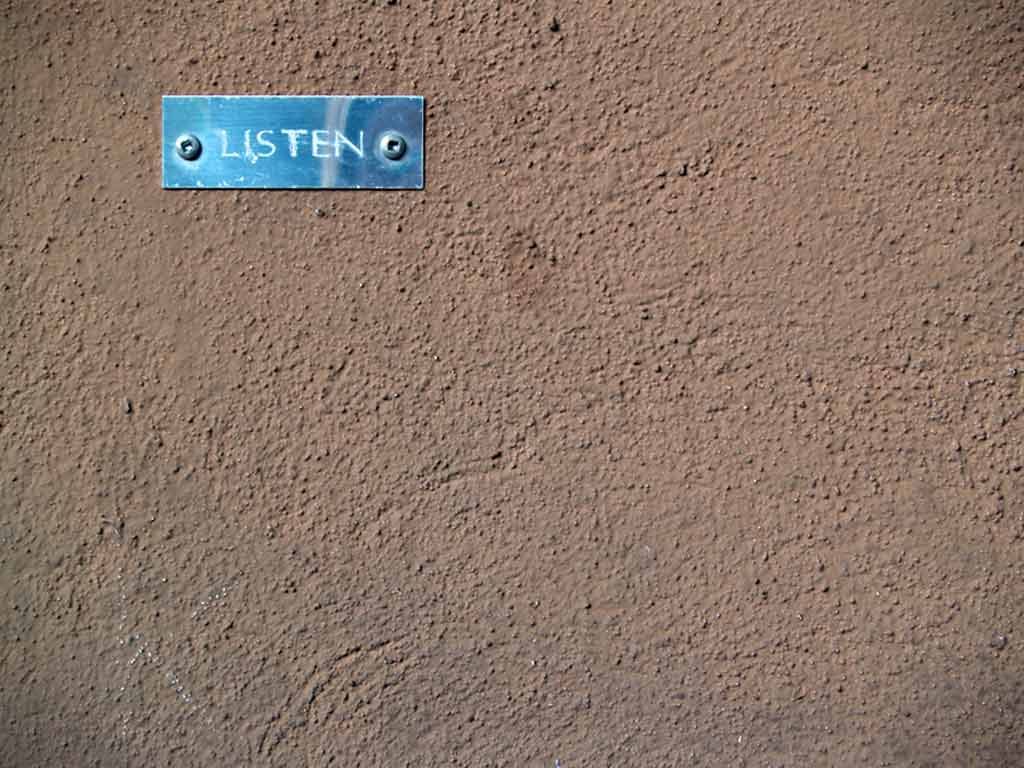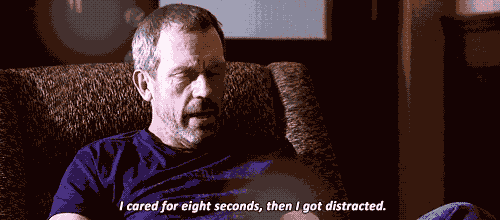Say what you need to say. Speak your mind. Shout it from the rooftops. But who’s listening?
Most people would agree, if asked, that communication is important in today’s world. However, most of us place a greater emphasis on the talking part: the person you are speaking to must understand what you’re saying. But what if, in the struggle to be heard, you’re missing your partner’s point entirely?
The consequences are broad – your partner can feel invalidated, you can lose the chance to learn new things, and eventually you can end up creating a large rift in understanding. The result? Two unhappy people who place blame because you’ve done everything you can [Communicate].
Listening Vs. Active Listening
Listening is usually automatic and effortless, akin to the physical act of hearing. You may be, in the process of listening, judging, counter-arguing and focusing on personal views while the other person is speaking.
Active listening, however, involves trying to understand the world and the situation from the other person’s point of view, remaining neutral when you disagree and grasping the emotions and struggles behind someone’s words and reacting to those emotions.
The two are radically different.
Why must you listen?
Listening is an under-appreciated skill and forms an essential part of one-way and two-way communication, for understanding and giving feedback in both professional and personal scenarios:
1. Leaves the door open for an interesting conversation vs. a monologue
Someone is much more likely to see your point of view if they feel you are validating theirs first.
Example 1:
Person 1: I feel like feminists are taking over the world! Men are the victims now.
Person 2: How can you say that when women have been oppressed for centuries? Are you really that deluded?
Person 1: Ugh, you’ve just jumped on the feminist bandwagon too. Never mind.
Example 2:
Person 1: I feel like feminists are taking over the world! Men are the victims now.
Person 2: That’s interesting. Why do you feel that way?
Person 1: Well, it seems like all the higher level jobs are now being given to women.
Person 2: Well, I see your point of view, considering current events, but the majority of higher level jobs are still retained by men. Shouldn’t we look at it in the bigger context?
…and so on.
In the second example, a dialogue occurs because Person 2 listens to the Person 1’s opinions – even if they don’t necessarily share them – leaving the door wide open for an interesting, engaging dialogue to occur.
2. It lets people know you care
No grand gestures, no number of apologies and mindless phone calls can ever compare to a patient, open and actively listening partner.
In relationships, a partner or friend who listens to others’ thoughts and expressions is seen as caring, and moreover, can give better advice (when asked). Also, in a world where new issues crop up every day, actively listening to another person’s point of view can help you learn, make you seem more intelligent, and help you engage in dialogue more effectively.
You’ll be sensitive to what is bothering your partner and will be able to address the issue if you have understood the problem.
3. It helps you become a better leader & team member
When the people around you feel like you are paying attention to them, they are more likely to
hold your opinion in high regard, because it comes after having heard all sides out. It indicates patience to the speaker. This is opposed to a leader/member who pronounces his opinion regardless of context in an assertive manner.
Moreover, listening to how others argue can help your own skills in debate and argument, making you an effective public speaker as well making your conversational skills better – which in turn means you seem smarter, which never hurt anyone’s social standing.
4. It increases workplace productivity

Imagine a line of communication so smooth, and employees so attentive that their boss never has to repeat an instruction again. How much time would that save?
There are, of course, a (
number of ways) to become a better listener, and a variety of ways it can help you – these are only a few of them. Share your opinion on situations you think listening can help with!








![Social alienation is a sharp tactic in the toolkit of domination [although, here it is the extension of female subordination]. Photo by Hans Van Den Berg/ flickr.com](https://b-change.me/wp-content/uploads/2018/01/1sTnAkZgJEx1Yb6fctMyVuA-570x300.jpeg)






